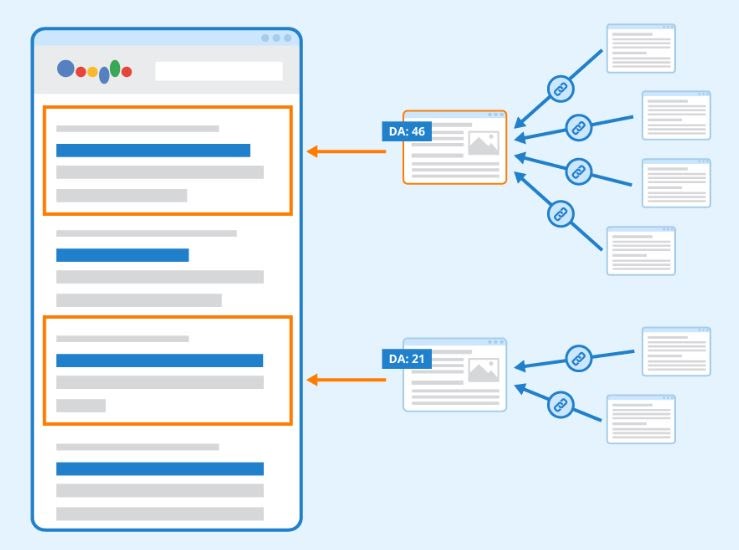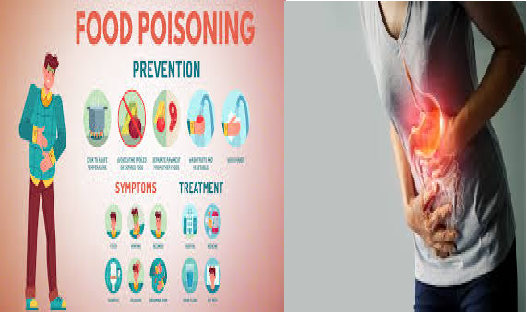Food poisoning can be a miserable experience, but understanding the symptoms and how to treat it can help speed up recovery. Here, we’ll cover what are the symptoms of food poisoning, how long it typically lasts, ways to flush out toxins, and how to differentiate it from a stomach bug.
1. What Are the 5 Symptoms of Food Poisoning?
Food poisoning symptoms can vary based on the bacteria, virus, or toxin involved, but five common signs include:- Nausea and vomiting: Often one of the first symptoms, caused by your body's attempt to expel harmful bacteria or toxins.
- Diarrhea: Frequent, watery stools are common as your digestive system tries to rid itself of contaminants.
- Stomach cramps and abdominal pain: The pain can be sharp and uncomfortable, often centered around the abdomen.
- Fever: A mild to moderate fever is possible as your immune system works to fight off the infection.
- Fatigue and weakness: Loss of fluids and nutrients due to vomiting and diarrhea can lead to fatigue and dehydration.
2. How Long Does Food Poisoning Last?
The duration of food poisoning can vary widely. Mild cases may resolve within 24–48 hours, while more severe infections can last a few days to a week. Recovery time depends on the cause, your immune response, and how quickly you begin treating symptoms.3. What Is the Fastest Way to Flush Out Food Poisoning?
Staying hydrated is crucial in flushing out toxins. Here’s how to speed up the process:- Drink plenty of fluids: Water, electrolyte-rich drinks, and clear broths are effective in replacing lost fluids and minerals.
- Rest: Give your body time to recover.
- Bland diet: Stick to easy-to-digest foods like rice, applesauce, bananas, and toast (BRAT diet) to prevent further stomach irritation.
4. Do I Have Food Poisoning or Stomach Bug?
It’s common to confuse food poisoning with a stomach virus, but there are a few differences:- Onset time: Food poisoning symptoms often start within hours of eating contaminated food, while a stomach bug (viral gastroenteritis) may take 1–2 days to show.
- Duration: Food poisoning may be shorter-lived than viral gastroenteritis, which can last several days.
- Source: Consider whether you’ve eaten anything suspicious or if others who shared a meal also feel sick. This can help pinpoint food poisoning as the cause.
5. How Can We Check for Food Poisoning?
While there isn’t a home test for food poisoning, symptoms like nausea, vomiting, and diarrhea following a suspect meal are good indicators. In severe cases, a doctor can conduct stool, blood, or vomit tests to identify the specific bacteria, virus, or toxin.6. How to Relieve Gas from Food Poisoning?
Gas and bloating can be uncomfortable symptoms of food poisoning. Here are some ways to alleviate them:- Activated charcoal: May help absorb gases in the digestive tract.
- Peppermint tea: Peppermint is known for reducing gas and bloating.
- Ginger: Known for its soothing effects on the digestive system, ginger tea or ginger chews can help relieve gas.
7. What Usually Kills Food Poisoning?
Most food poisoning cases resolve without medical intervention, as the body expels the bacteria or virus. For severe infections, antibiotics may be necessary, though they are only effective against bacterial infections. Over-the-counter medications like bismuth subsalicylate (Pepto-Bismol) can help relieve symptoms, but only use these as directed.8. How to Cure Food Poisoning Fast at Home?
While food poisoning usually resolves with rest and hydration, you can try these remedies to speed up recovery:- Hydrate with electrolyte solutions: Replenish lost fluids with oral rehydration solutions (ORS).
- Eat a bland diet: Stick to easy-to-digest foods that won’t irritate the stomach.
- Try probiotics: Yogurt or supplements with probiotics can help restore healthy gut bacteria.
9. Does Sleeping Help Food Poisoning?
Yes, sleep can be beneficial. Rest allows your body to focus its energy on recovery. Sleeping also reduces stress on the digestive system, which can be crucial in helping the body heal. Food poisoning is an unpleasant but typically short-lived illness. By knowing what are the symptoms of food poisoning and how to manage them, you can ease the discomfort and focus on a swift recovery. Remember to stay hydrated, rest, and seek medical advice if symptoms persist or worsen.Read more :
2= https://checkwebsitedr.com/blogs/what-are-the-symptoms-of-food-poisoning/


